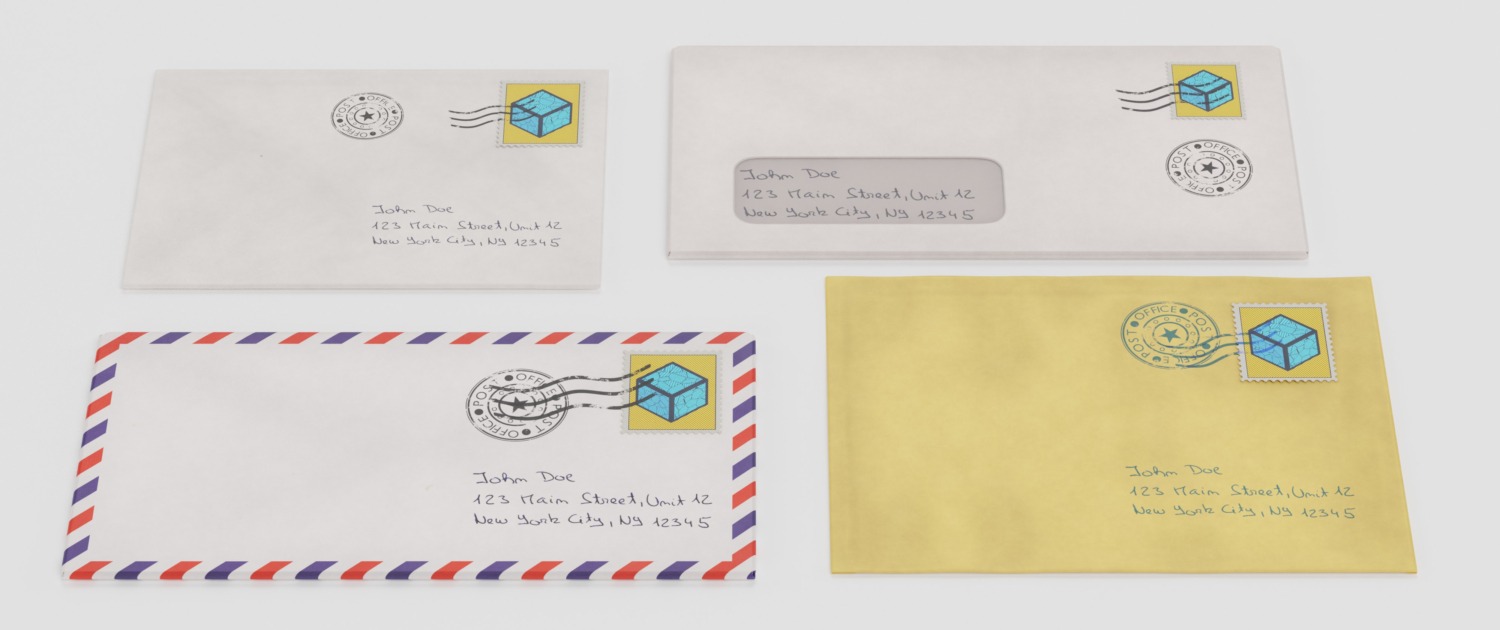International service of process can be accomplished by international mail under some circumstances. The U.S. Supreme Court approved the use of international mail in 2017 in the case of Water Splash, Inc. v. Menon, 137 S.Ct. 1504 (2017). Prior to the decision in Water Splash, there was a split among courts in the U.S. about whether service-by-mail was allowed. That question was resolved in the affirmative. But, even so, the international service process via mail is complicated.
There are several factors causing the complexity. First, while most of the world’s nations have signed the Hague Service Convention (“HSC”), not every nation has adopted the HSC uniformly. The HSC was intended to simplify and standardize international service of process. In theory, the HSC allowed for three types of international service of process: service by each nation’s Central Authority, service by mail, and service by local process servers. However, many countries refused to adopt the second and third options. Further, as noted, until 2017, many U.S. courts did not recognize as legitimate international service of process via mail. While that question is resolved, there are still various principles of U.S. law that impact whether service-by-mail is legally sufficient in any given case.
These principles are basically due process concerns. Proper service of process is required by due process rights which require that defendants be fully informed of the fact that they are being sued and that they are being brought into a U.S. court. Without proper service of process, the U.S. will lack legal jurisdiction to adjudicate the rights of the litigants.
Thus, when attempting international service of process via certified mail (with return receipt requested), it must be done correctly under the rules established in the foreign nation and under the rules established in the U.S. Many international defendants will automatically file pleadings to challenge the validity and legal sufficiency of the international service of process. You do not want to lose that fight since service attempts will then have to start over.
That being said, for nations that allow international mail for international service of process, making the effort can be useful (as a “Plan A”). First, it is clearly the quickest and least costly method of international service of process. Second, it might be successful.
If you want assistance, Ancillary Legal can help with international service of process via mail (where allowed by local and national rules). Contact us for a no-obligation consultation. If Plan A fails, then, as a “Plan B,” you should be prepared to quickly attempt the Hague Service Convention international service of process through Central Authority procedures. Here at Ancillary Legal, we can assist with that process as well.
Why would “Plan A” fail? In general, receiving a signed “return receipt” back in the mail is not enough for U.S. courts. Typically, the international defendant must sign a copy of the summons or other document, and that must be returned for U.S. courts to deem the service of process to be valid. While many litigants will “sign for” the international letter, many fail to take the next step and return a signed acceptance of the court papers. However, as noted, the effort and cost are minimal, and therefore, it is well worth the effort.
Further, you will know within a couple of weeks whether you have succeeded with your attempt to accomplish international service of process via international mail. If the efforts have failed, you should turn your efforts to attempting service via the relevant nation’s Central Authority or other procedures.

Let Ancillary Legal Handle Your International Service of Process – Hague Service Convention
For more information, contact Ancillary Legal at (404) 459-8006. We have the deep experience, staffing, and resources to help you satisfy the requirements for proper and valid international service of process. We focus on litigation support domestically and internationally and can ensure that your time can stay focused on the substance of your matter and not procedural technicalities. Contact us today to find out how we can help you.

Contact us for a free consultation with an Ancillary Legal representative.